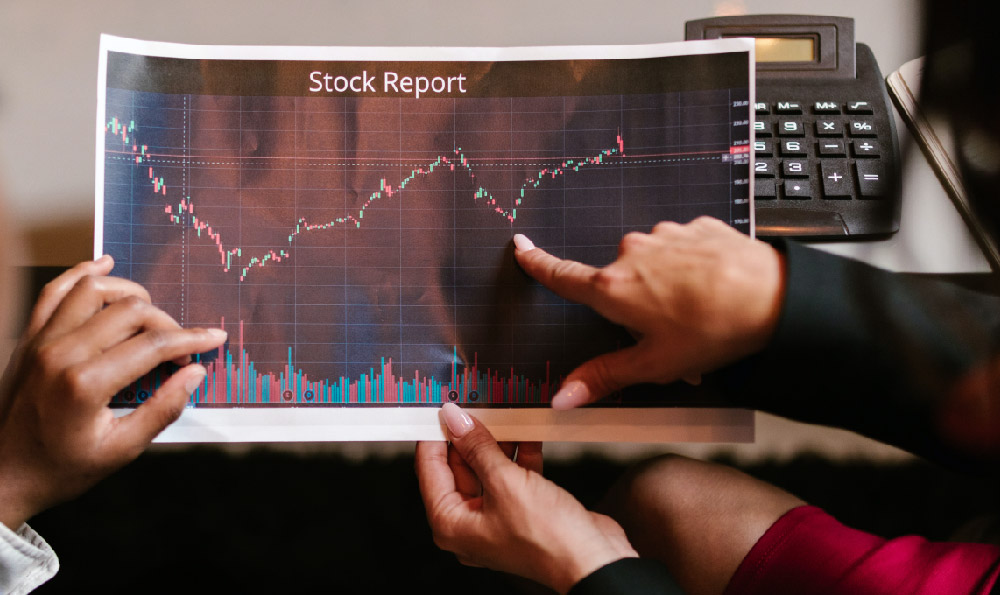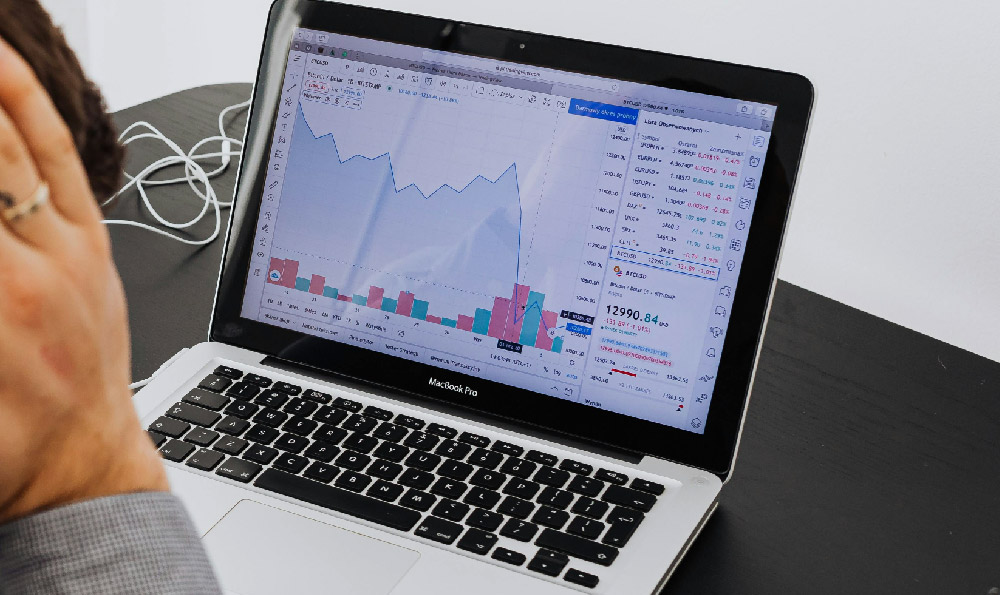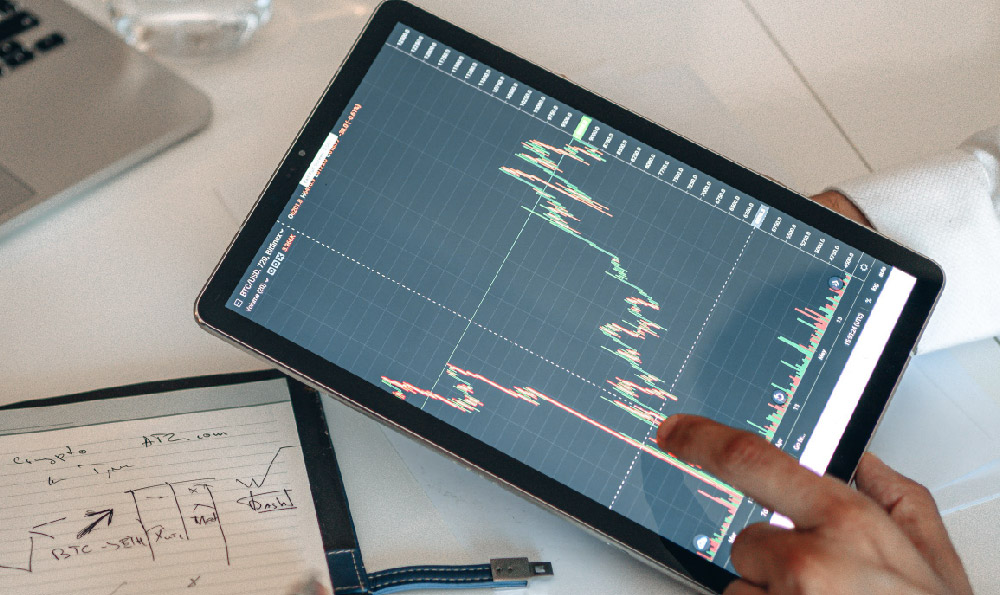The age-old debate: is buying a home an investment or a liability? The answer, unfortunately, isn't a simple yes or no. It's a nuanced issue, heavily dependent on individual circumstances, financial goals, and the specific characteristics of the property in question. A prudent approach requires careful consideration of both potential benefits and inherent risks.
One can easily argue the investment side. Historically, real estate has been a reliable generator of wealth. Homeownership provides the opportunity to build equity over time as mortgage payments reduce the principal balance and, ideally, as the property appreciates in value. This equity can be leveraged later in life, offering financial flexibility in the form of home equity loans or lines of credit, or even provide a substantial sum upon selling the property. Moreover, owning a home provides a tangible asset, a hedge against inflation that tends to increase alongside the overall cost of living. Rent, by comparison, is an expense that never returns. Paying rent simply enriches the landlord, while mortgage payments eventually lead to ownership. This sense of security and stability, knowing you have a place to call your own, is an intangible but significant benefit that shouldn't be discounted. Tax advantages also often accompany homeownership, such as deductions for mortgage interest and property taxes, further sweetening the deal.
However, framing a home solely as an investment can be dangerously misleading. The reality is that homeownership comes with substantial costs beyond the mortgage payment. These costs, often overlooked by eager first-time buyers, can significantly erode any potential return on investment, potentially turning what was envisioned as an asset into a substantial liability. Property taxes, for instance, are an ongoing expense that can fluctuate wildly depending on location and local government policies. Homeowners insurance is another essential cost, protecting the property from damage and liability. Furthermore, the inevitable need for maintenance and repairs is a constant drain on finances. Leaky roofs, faulty plumbing, aging appliances – these are unavoidable realities of homeownership. Unexpected repairs can be costly and disruptive, placing a significant strain on even the most carefully planned budgets.

Beyond these direct expenses, there are other factors that can impact the financial viability of homeownership. Interest rates, for example, play a crucial role in the overall cost of borrowing. High interest rates can significantly increase monthly mortgage payments, making it harder to build equity and potentially pushing the property into the realm of a liability. Market fluctuations are also a major consideration. Real estate values are not guaranteed to increase. In fact, they can decline significantly, particularly during economic downturns. Buying a home at the peak of a bubble could lead to being "underwater" on the mortgage, meaning the outstanding loan balance exceeds the market value of the property. This situation can be financially devastating, making it difficult to sell the home without incurring a substantial loss.
Liquidity is another significant drawback of real estate as an investment. Unlike stocks or bonds, which can be easily bought and sold, selling a home can be a time-consuming and costly process. Finding a buyer, negotiating a price, and closing the deal can take months, even years, particularly in a slow market. This lack of liquidity makes it difficult to quickly access the equity tied up in the property, limiting financial flexibility. Furthermore, transaction costs associated with selling a home, such as real estate commissions, closing costs, and staging expenses, can further eat into any potential profit.
The location of the property is also a critical factor in determining whether it's an investment or a liability. A home in a desirable neighborhood with good schools, low crime rates, and easy access to amenities is more likely to appreciate in value than a home in a less desirable area. Furthermore, the condition of the property plays a significant role. A well-maintained home is more attractive to buyers and will likely command a higher price than a home that requires extensive repairs.
So, how does one determine whether buying a home is the right financial decision? A thorough assessment of one's financial situation, goals, and risk tolerance is essential. This includes evaluating income, expenses, debt, and credit score. It's also crucial to conduct thorough research on the local real estate market, including property values, interest rates, and property taxes. A financial advisor can provide valuable insights and guidance in making this decision.
Ultimately, the decision to buy a home should not be based solely on the potential for financial gain. It's a deeply personal decision that should consider lifestyle factors, such as the desire for stability, the need for more space, and the desire to put down roots in a community. If one approaches homeownership with a realistic understanding of the costs and risks involved, and with a long-term perspective, it can be a valuable asset that provides both financial security and personal satisfaction. However, if one views it as a guaranteed path to riches, without considering the potential downsides, it can quickly become a financial burden that drains resources and undermines long-term financial goals. A home should be a place to live and thrive, and if it appreciates in value along the way, consider that a bonus, not the primary objective. The key is to approach homeownership responsibly, with careful planning and a realistic understanding of both its potential benefits and inherent risks.












